Although export turnover has increased, there are still concerns. That is the reality of many Vietnamese enterprises in the context of a series of key export markets tightening technical barriers and applying dense trade defense measures to imported goods from Vietnam.
Many items are subject to anti-dumping tax.
Latest information from the Department of Trade Promotion (Ministry of Industry and Trade), the US Department of Commerce (DOC) has published the final conclusion of the second sunset review of the antidumping duty (AD) order on wind towers (an important part of the wind power system) imported from Vietnam. Accordingly, DOC still maintains the view of applying an average antidumping duty rate of up to 58.24% on this group of goods. However, this agency also recommends that new Vietnamese exporters (if any) need to contact DOC before exporting to calculate their own tax rate, otherwise they will be subject to an AD duty rate of 58.24%.
In addition, DOC continues to re-initiate the second administrative review of the anti-dumping duty order on Vietnamese honey. The agency is reviewing the list of businesses exporting honey to the United States. Previously, in 2022, DOC imposed a tax rate of up to more than 400%, causing Vietnamese honey products to almost be closed in this market. Until recently, when Vietnamese businesses fought to reduce the tax rate to below 60%, this product returned to the US market.
Not stopping there, the imposition of anti-dumping tax has become even more worrying when a series of Vietnam's key export markets have been set up with trade defense policy barriers. For example, the Taiwan Cement Manufacturers Association (China) has officially initiated an anti-dumping investigation into cement and clinker originating or imported from Vietnam. The European Commission (EC) has issued a notice initiating an anti-dumping investigation into a number of hot-rolled steel products originating from Vietnam such as stainless steel or grain-oriented silicon electrical steel; tool steel and specialized high-hardness tool steel; steel not in coil form...
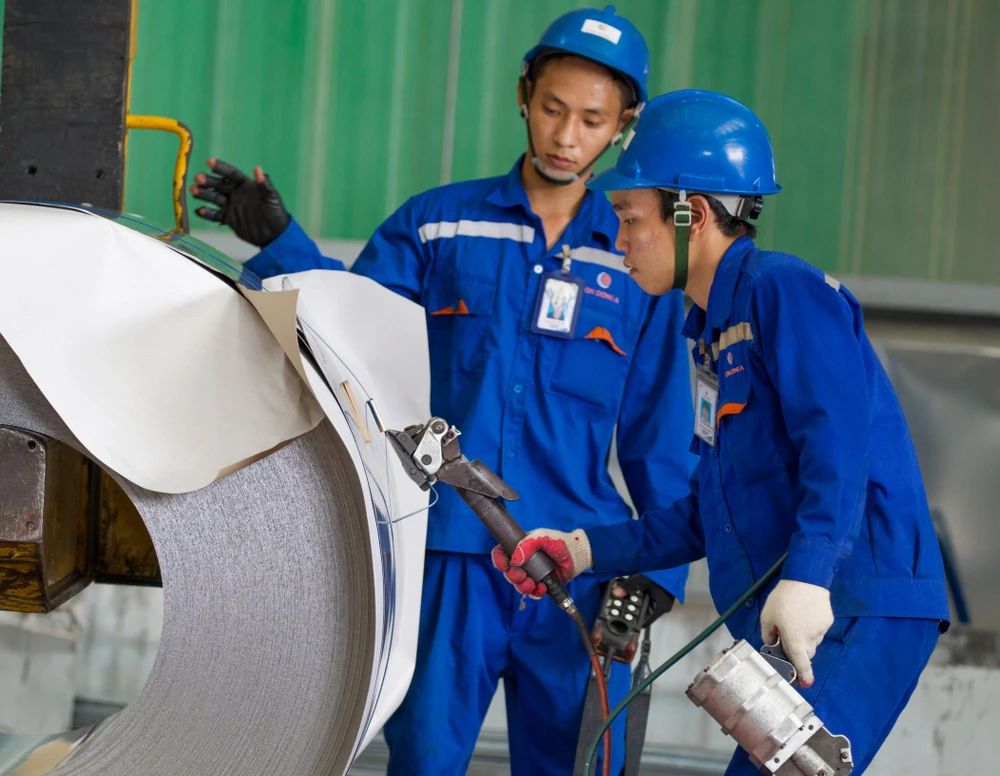
Mr. Nguyen Ngoc Hoa, Chairman of the Ho Chi Minh City Business Association, said that the markets with the largest number of anti-dumping lawsuits against Vietnamese exports are the United States, India, Australia, etc. The investigated products are quite diverse, from agricultural products, processed foods, textiles, fibers, steel products, wood, aluminum, copper, rubber and plastics, chemicals, construction materials, etc. There is one thing in common for the cases that initiate investigations: they focus on groups of export products with turnover of tens of millions to billions of USD.
Filtering investment, creating development space
Mr. Lu Nguyen Xuan Vu, General Director of Xuan Nguyen Group Joint Stock Company, analyzed that if we only count agricultural products and food, Vietnam is in the top 10 largest exporting countries in the world. If we consider the proportion of export turnover of this industry, more than 75% belongs to Vietnamese enterprises, the remaining small number belongs to foreign-invested enterprises. In addition, the source of raw materials for production of this industry is also "purely Vietnamese". Another explanation for the fact that some products are subject to anti-dumping tax is that Vietnamese enterprises lack connection and dump prices in trade, leading to the consequence of being fined anti-dumping tax. A typical product group that is being re-initiated for investigation is honey. In order to get orders, export enterprises have directly forced the purchase price of domestic raw materials from farmers to a very low level. Therefore, when being investigated, the export market has punished by imposing very high anti-dumping tax on the product, affecting the overall production activities of enterprises in the whole industry.
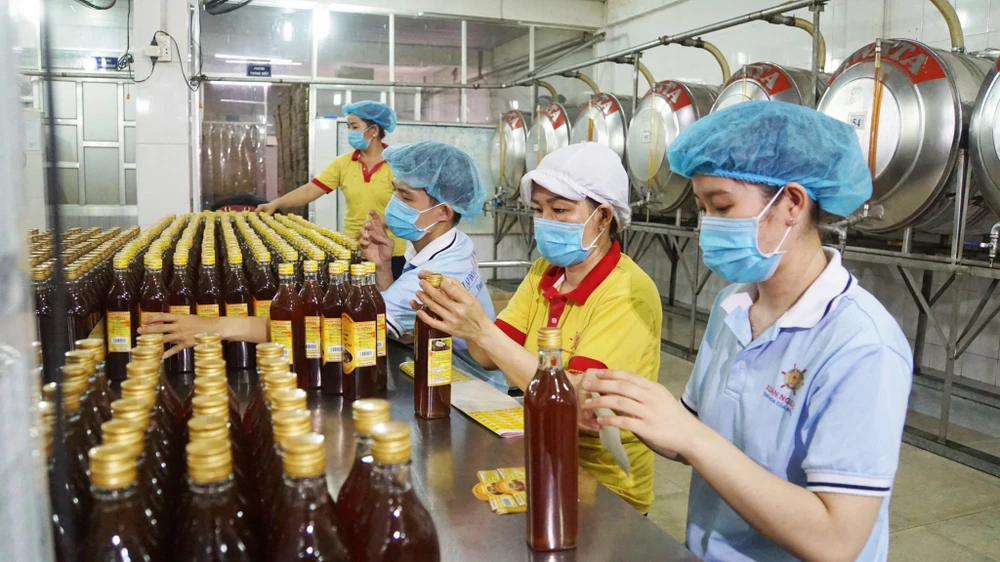
From another perspective, Mr. Nguyen Ngoc Hoa said that one reason is the situation of origin swapping through foreign investment in Vietnam. Many enterprises have been taxed on anti-dumping in the host country and to avoid this tax, they choose to invest in new projects or expand their investment in Vietnam. To avoid this situation, it is necessary to recalculate investment attraction. Relevant ministries and sectors should assess the overall development potential, strengths and weaknesses of each industry. From there, they should come up with a list of priorities to attract investment, as well as strongly reject industries where Vietnamese enterprises are growing well. Instead, they should promote activities to supplement investment and internal resources for Vietnamese enterprises by connecting technology transfer and capital from foreign enterprises to domestic enterprises; create more development space for Vietnamese enterprises, focusing on supporting land funds at reasonable prices, capital incentives, tax and fee policies, improving training programs to increase the capacity of human resources, etc.
Based on the above reality, businesses recommend that the Ministry of Industry and Trade should promptly establish domestic trade defense barriers for the list of imported goods from foreign countries. At the same time, effectively implement the project to build and operate an early warning system on trade defense; the project to strengthen state management on preventing evasion of trade defense measures and origin fraud; improve trade defense capacity in the context of participating in new generation free trade agreements...
According to Mr. Pham Binh An, Deputy Director of the Ho Chi Minh City Institute for Development Studies, the Ministry of Industry and Trade needs to establish a floor price framework for product groups to avoid domestic enterprises dumping each other and protect domestic production. As for enterprises, in addition to proactively filing legal documents to be ready to respond to lawsuits at any time, they need to cooperate to export, not to support acts of origin fraud; diversify markets, make the most of the space of the Asian market, and move towards a more multipolar and sustainable export market.
AI VAN
Source: https://www.sggp.org.vn/doanh-nghiep-lo-rao-can-xuat-khau-post755142.html



![[Photo] Looking back at the impressive moments of the Vietnamese rescue team in Myanmar](https://vstatic.vietnam.vn/vietnam/resource/IMAGE/2025/4/11/5623ca902a934e19b604c718265249d0)


![[Photo] "Beauties" participate in the parade rehearsal at Bien Hoa airport](https://vstatic.vietnam.vn/vietnam/resource/IMAGE/2025/4/11/155502af3384431e918de0e2e585d13a)

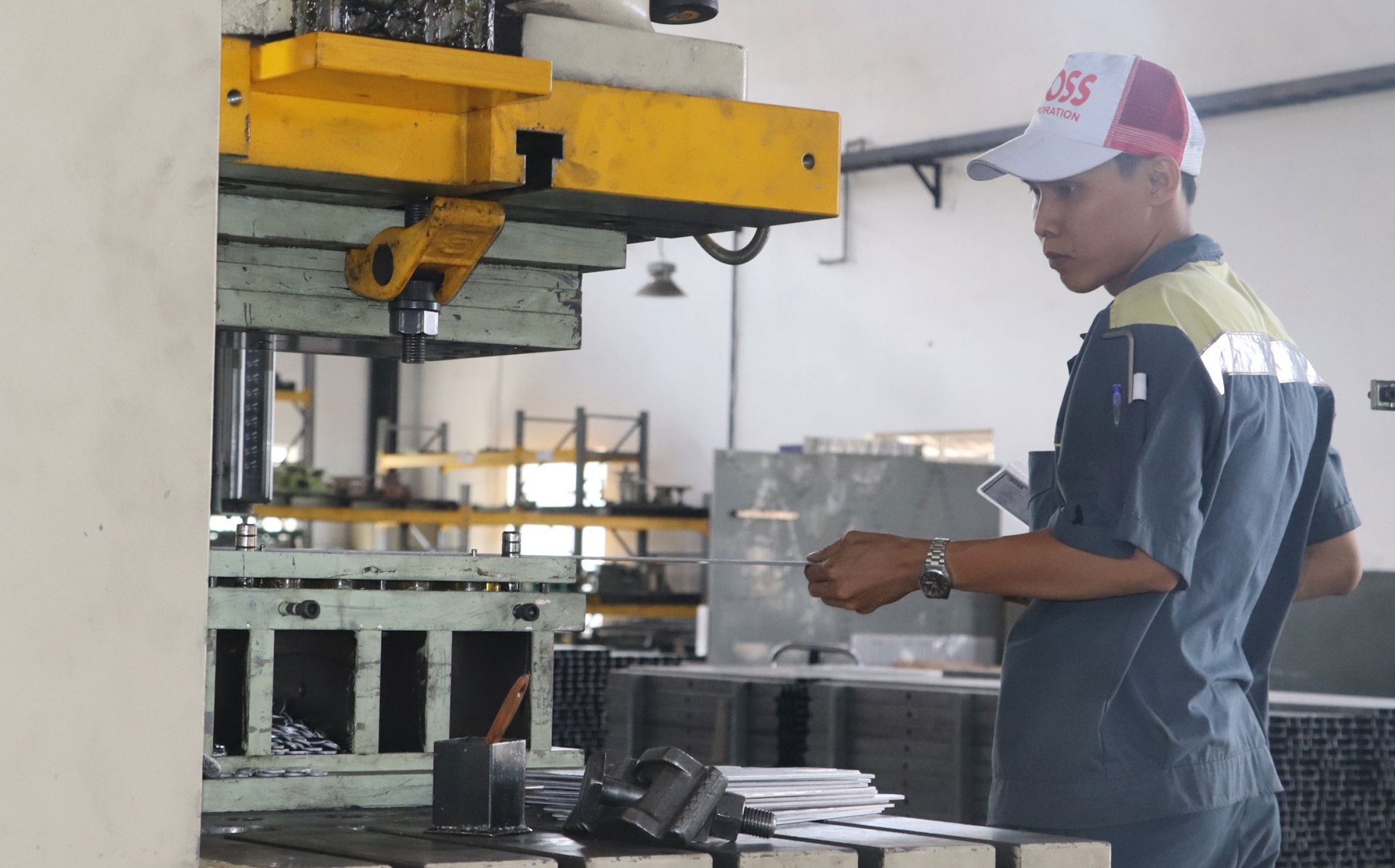





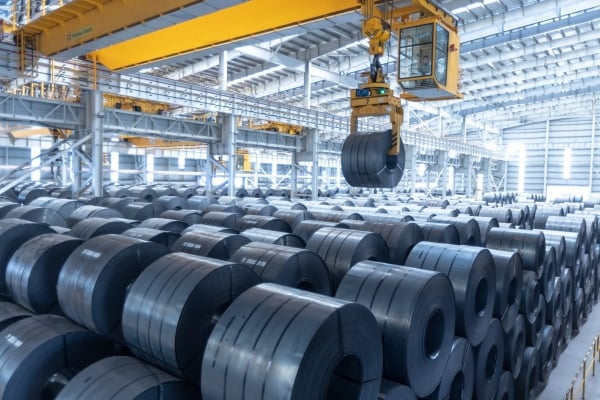









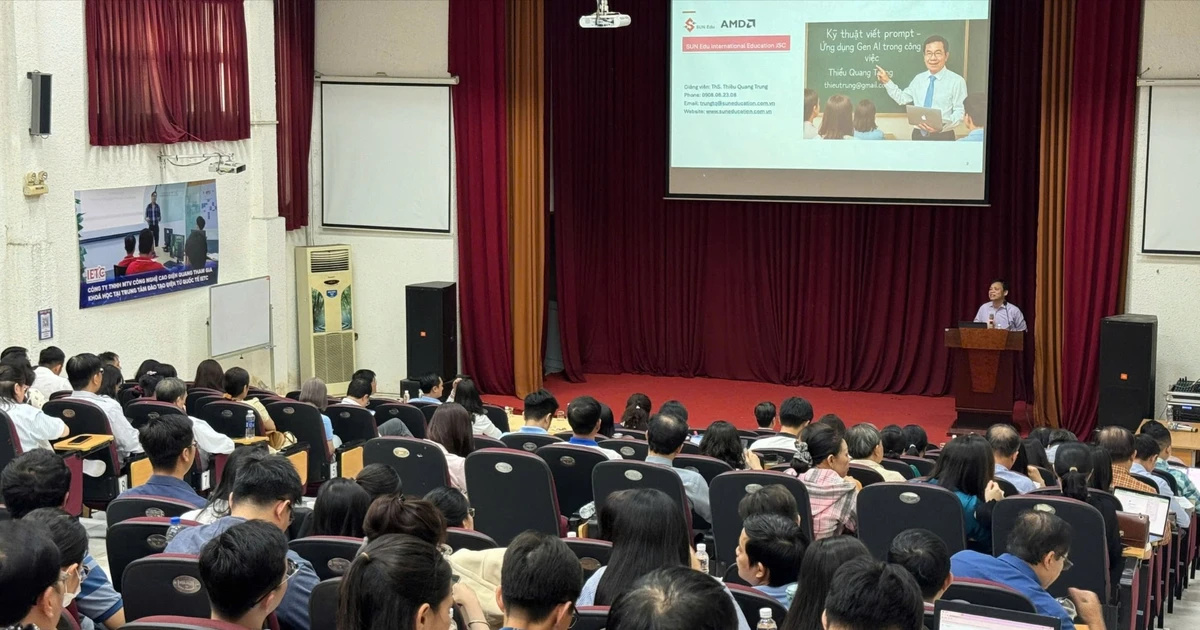






![[Photo] Summary of parade practice in preparation for the April 30th celebration](https://vstatic.vietnam.vn/vietnam/resource/IMAGE/2025/4/11/78cfee0f2cc045b387ff1a4362b5950f)










































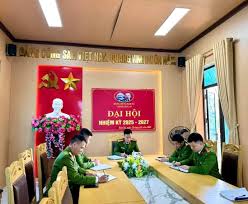

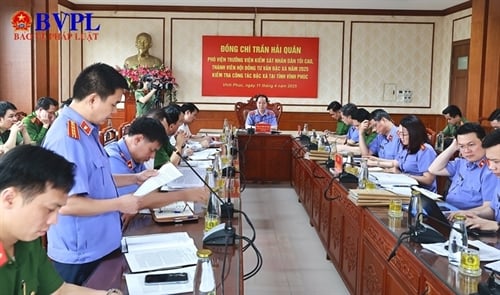















Comment (0)